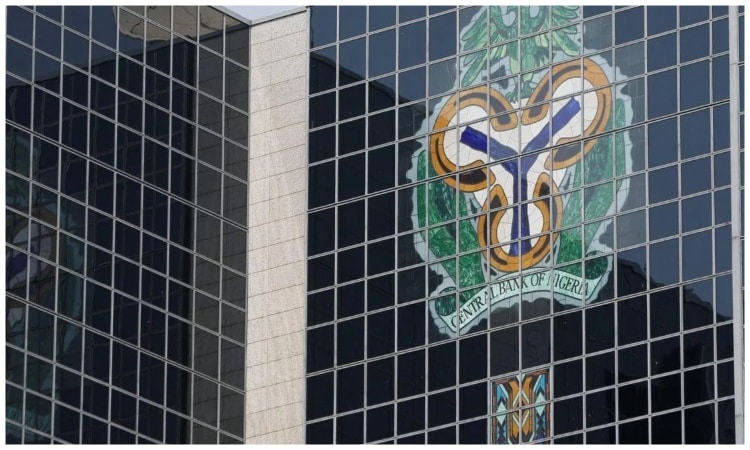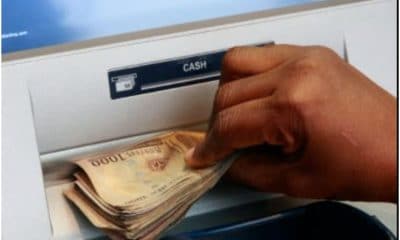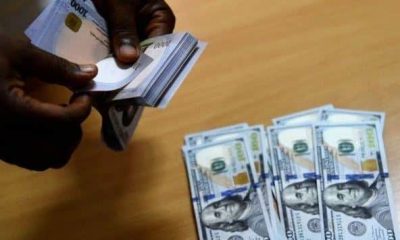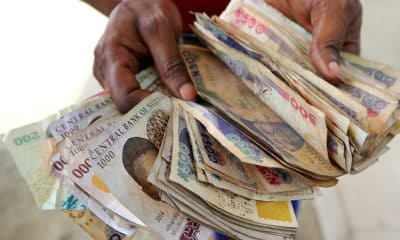Nigeria News
CBN Orders Banks To Sell Excess Dollars In 24 hours

In an effort to stabilize the fluctuating exchange rate, the Central Bank of Nigeria (CBN) has issued a directive for Deposit Money Banks to offload their excess dollar reserves by February 1, 2024.
This move, disclosed in a circular released on Wednesday, is part of the CBN’s broader strategy to address the volatility in the foreign exchange market.
The central bank has raised concerns that some commercial banks have been maintaining long-term foreign exchange positions to profit from the fluctuations in exchange rates.
The new guidelines, as outlined in the circular titled “Harmonisation of Reporting Requirements on Foreign Currency Exposures of Banks,” aim to mitigate the risks associated with these practices.
This directive follows closely on the heels of another circular that cautioned banks and FX dealers against reporting inaccurate exchange rates.
Furthermore, the recent adjustment in the methodology for calculating the nation’s official exchange rate by the FMDQ Exchange has seen the Nigerian Autonomous Foreign Exchange Market rate surge from approximately N900/dollar to ₦1,480/dollar, a move applauded by economists for its potential to unify the official and parallel market rates.
However, economists have also urged the CBN to address the over $5bn FX backlog and ensure sufficient funding for FX demands at the official market to prevent divergence between the official and parallel market rates.
In the latest circular signed by Dr. Hassan Mahmud, Director of Trade and Exchange, CBN, and Mrs. Rita Sike, representative of the Director of Banking Supervision, CBN, banks are accused of holding excess foreign exchange positions.
Banks are now required to align their Net Open Position (NOP) with the new regulations, which stipulate that the NOP must not exceed 20 per cent short or 0 per cent long of the bank’s shareholders’ funds, calculated using the Gross Aggregate Method.
Banks currently exceeding these limits are instructed to adjust their positions accordingly by the set deadline.
Additionally, the CBN mandates banks to maintain sufficient stocks of high-quality liquid foreign assets and adopt robust treasury and risk management systems to oversee all foreign exchange exposures.
Non-compliance with these directives will result in sanctions and possible suspension from the foreign exchange market, the CBN warned.
This initiative is part of the central bank’s ongoing efforts to ensure stability in the foreign exchange market and promote economic stability.
A top bank executive, who spoke on condition of anonymity with Punch, said the new circular would force banks to sell off excess dollar liquidity exceeding $5bn.
The top banker said, “Just as some Nigerians prefer to keep their money in dollars because naira is not a good store of value, banks also hold excess dollar liquidity to make gains. They do their own at institutional level. What the CBN is saying with this new circular is that, you cannot hold excess dollar liquidity again. Any foreign exchange you are holding must be committed to something, a transaction or obligation you can proof. Banks have made a lot of revaluation gains. Some banks, I believe, got approval under the last administration to hold more dollar than the requirement. The idea is that if banks sell all these excess dollars, there will be liquidity and the exchange rate will stabilise. Foreign investors will come in.”












